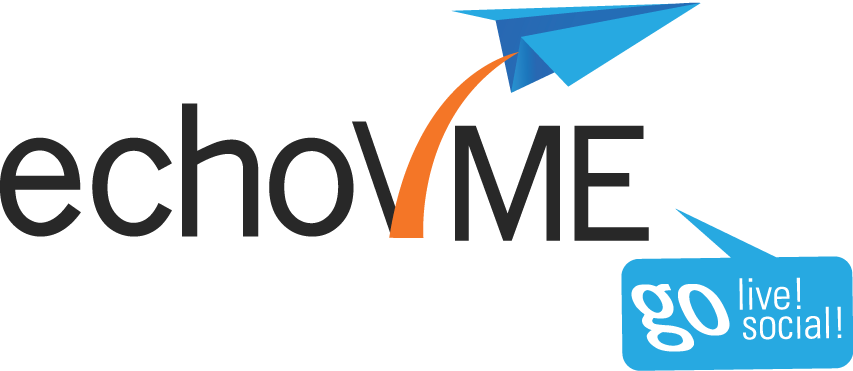Reliance JIO and Qualcomm Join Forces to Bring 5G to India
India is all set to receive superfast internet soon enough. Making this dream a reality will be a partnership between India’s Reliance JIO and US-based Qualcomm. The two technology and communication giants are joining hands to build and develop 5G technologies in India. Reliance will be leveraging its subsidiary Radisys Corporation, which it wholly owns to help build the necessary 5G infrastructure. In this article, we will take a look at how this deal works out, and by when we can expect super-fast internet in India.
Jio and Qualcomm partners for the Better
Chipset manufacturer Qualcomm and Radisys Corporation will develop a virtualized RAN. Such a Radio Access Network will help boost the development of 5G architecture in India. With the help of this partnership, we can expect a faster roll-out for such services within the country. The companies also announced that they achieved speeds eclipsing 1 Gbps over their 5GNR network. Reliance Jio’s 5GNR software leverages Qualcomm’s RAN platform to obtain these high speeds. Furthermore, Qualcomm announced that this platform allows it to enter the Gigabit 5G NR portfolio.
Faster Internet for all
The usage of 5G will allow mobile phone users to receive higher data rates. Furthermore, 5G also offers lower latency communication and enhance the overall digital experience. The network supports a slew of devices, including AR and VR gaming products, smartphones, and laptops. The announcement which occurred on Tuesday will fast-track the much-awaited 5G roll-out in India. The indigenous network infrastructure for 5G will help in streamlining network services for millions in India. Also, the 5G RAN product has become a part of the Gigabit throughput clock. Furthermore, a Tier-1 American carrier has already tested and verified the product for its quality and high-speed performance. This move will also help India join the 5G club. Presently, only a few nations, including Australia, Germany, the US, South Korea, and Switzerland have produced 1 Gbps speeds over 5G.

What the Companies Had to Say
Mathew Oommen, who serves as the President of Jio Infocomm, stated that the company was looking forward to the partnership. While speaking at the Qualcomm 5G Summit, he noted that the development of new-gen 5G RAN will be a revolutionary technology. The cloud-native software will help both companies scale their operations tremendously. Qualcomm Technologies, while working with Jio Platforms, will help make India a genuinely 5G inclusive nation. It will provide a vital boost to local manufacturing and help accelerate the achievement of Atmanirbhar Bharat.
Meanwhile, VP of Qualcomm India Rajen Vagadia stated that they were delighted to take their partnership with Jio to the next level. Both companies have now been working together for quite some time now and enjoy a great relationship. By creating a shared 5G vision for India, the partnership will help in supporting India’s digital transformation. As per the needs of the day, India requires a better and more powerful mobile experience. Rajen noted that very soon more and more consumers will want 5G services, leading to a massive spike in demand. Such services will be of great help to healthcare, retail, and manufacturing industries. Since Jio is a game-changer when it comes to the delivery of cost-effective 4G services, this partnership will help both companies drastically. Jio already enjoys massive network coverage and a large user base, which will be ready to switch to 5G once the roll-out is complete.
Moving Forward
As you can see, the partnership between Qualcomm and Reliance Jio will help catalyze the adoption and implementation of 5G in India. The adoption of this technology will finally put an end to lousy streaming, never-ending buffering, and frequent voice cuts over calls. It will also give a push to the adoption of vertical IoT solutions and other smart devices across the nation. Such an indigenous network will prevent India from having to depend on Chinese systems for their infrastructure. Not only will this help reduce our dependence on them, but it will also help improve security on our national infrastructure. Also, earlier this year Qualcomm picked up a 0.15% stake in Jio for a whopping INR 730 crores. Hence, this venture may be the start of many more such partnerships between the communication-industry legends.

Being a cinephile with a love for all things outdoorsy, Athulya never misses a chance to chase inspiring stories or poke fun at things, even when the subject is herself. Currently pursuing a degree in mechanical engineering, she is someone innately interested in technical and scientific research. Music reviews and op-eds define her as they allow her to explore different perspectives. Though sometimes she thinks she makes more sense playing the guitar than she does while writing.










